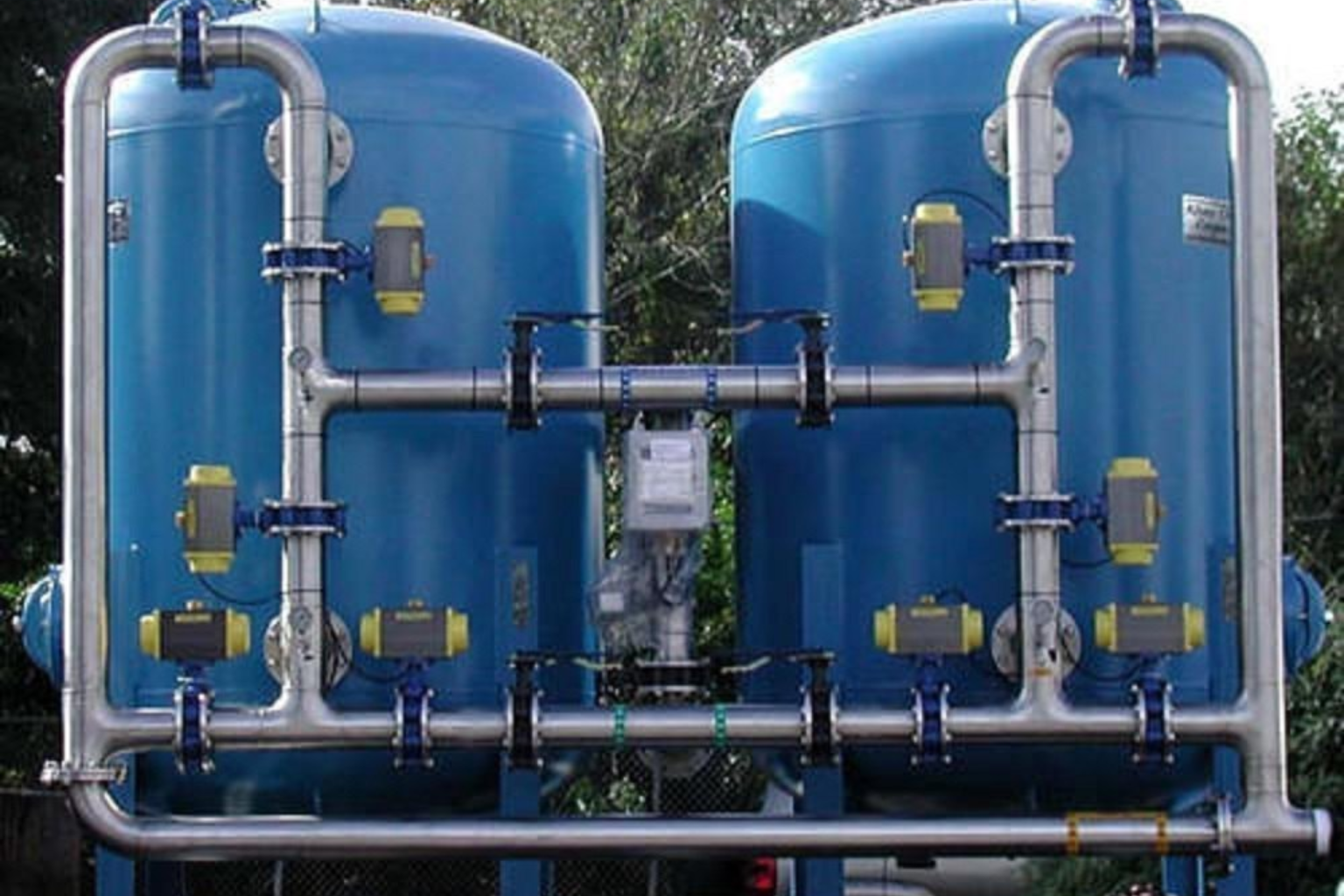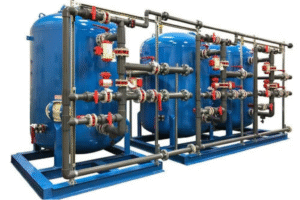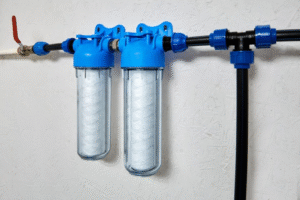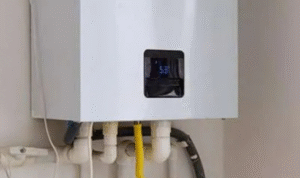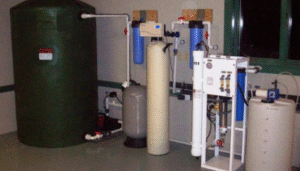There’s nothing quite like turning on your faucet, expecting fresh, clean water, only to be hit with a strong, nose-curling odor that smells suspiciously like rotten eggs. It’s unsettling, sometimes embarrassing if guests are around, and definitely not something you can just ignore. Many homeowners deal with sulfur in their water at some point, and while it feels overwhelming at first, the truth is—there are practical solutions that work.
I’ve seen this play out countless times: a family moves into a new home, everything feels perfect, and then they pour that first glass of water. One sip later, they’re googling “why does my water smell bad?” And honestly, it’s more common than you think.
Why Does Water Smell Like Rotten Eggs?
That sulfur smell is almost always caused by hydrogen sulfide gas. Sometimes, it’s naturally present in the groundwater, especially in wells. Other times, the smell comes from bacteria reacting with magnesium anode rods inside water heaters. It doesn’t matter where it comes from—when it’s there, you know it.
And here’s the tricky part: not all sulfur issues are the same. For some households, the smell only shows up when hot water is running. For others, it’s in both hot and cold taps. Sometimes it’s strongest in the shower, because steam carries the odor into the air more aggressively.
The good news? No matter how bad it seems, there’s a way to treat it.
The Role of Specialized Treatments
When you start looking into fixes, you’ll come across a lot of options: filters, oxidizing systems, aeration units, and professional chemical treatments. It can be confusing, but the key is matching the severity of your problem with the right system.
For mild cases, simple carbon filters might do the job. For stronger odors, whole-home systems designed specifically for sulfur removal are often necessary. Companies that focus exclusively on water quality in the South have introduced effective systems tailored for local well water conditions. One such system is the Pure Southern Water sulfur solution, which has become a go-to option for families tired of endless trial-and-error with cheaper filters.
Clarksville and the Rotten Egg Problem
Some regions are hit harder than others, and Clarksville, Tennessee, happens to be one of those places where sulfur water complaints are pretty common. It’s not unusual for people moving into the area to suddenly notice their tap water giving off that strong smell.
The phrase rotten egg smell in water Clarksville isn’t just a random search term—it’s something homeowners type into search bars every day. The geology in that region naturally contributes to higher sulfur content in groundwater, and while city water usually undergoes treatment, private wells often bear the brunt of the problem.
If you’re in an area like this, it’s not just about comfort. Long-term exposure to hydrogen sulfide, even at lower levels, can damage plumbing, tarnish silverware, and create a constant worry about whether your water is truly safe.
Living With Sulfur Water: The Everyday Hassles
The science behind sulfur water is one thing, but the day-to-day impact is another. Showers don’t feel refreshing when the bathroom fills with that sour odor. Laundry can pick up a faint smell, which is not exactly how you want your clothes to come out of the wash. Even cooking becomes frustrating—who wants to boil pasta in water that reeks like eggs?
One friend of mine told me that she avoided offering guests a glass of tap water for months because she was embarrassed. She ended up spending way too much money on bottled water before finally investing in a proper treatment system.
How to Fix It Without Overcomplicating Things
So what’s the best way forward? Start with identifying the source. If the smell only happens in hot water, your water heater may be to blame. In that case, replacing the magnesium anode rod or flushing the tank might solve the problem. If the odor is in both hot and cold taps, it’s more likely a groundwater issue, and that’s when larger solutions come into play.
Whole-home filters that oxidize and remove hydrogen sulfide are one of the most effective options. They’re installed where the water enters your house, meaning every tap benefits from the treatment. Systems vary—some use air injection, others rely on catalytic media—but the principle is the same: remove the sulfur before it makes it into your glass.
Many homeowners search online for advice about how to fix sulfur water odor home treatment, and while DIY fixes might provide temporary relief, professional systems usually provide the lasting solution. Sometimes it’s just not worth fighting with small fixes over and over again.
Why Professional Help Matters
I know it’s tempting to go for a quick fix—maybe a $30 filter from the hardware store. And in fairness, those can help if your problem is very minor. But for most cases, professional evaluation is worth the effort. Experts can test your water, figure out whether the issue is bacteria, sulfur, or even iron contributing to the smell, and then recommend the right system.
Professional systems are not only more reliable, but they’re also designed to handle large volumes of water without frequent maintenance. That means less hassle for you and more peace of mind that your water is consistently safe and odor-free.
The Bigger Picture: Clean Water Is Peace of Mind
At the end of the day, dealing with sulfur in water isn’t just about getting rid of a smell. It’s about restoring confidence in something we all rely on daily. Clean, odor-free water makes life easier in ways we sometimes forget: better showers, fresher laundry, tastier meals, and yes, finally being able to offer your guests a glass of water without hesitation.
It’s easy to take water for granted until something goes wrong. The smell of sulfur is nature’s not-so-gentle reminder that water quality matters, and investing in a good system is investing in your family’s comfort and health.
Final Thoughts
If your tap water smells like rotten eggs, don’t ignore it. Whether you’re in Clarksville or anywhere else, the problem is fixable—and the sooner you address it, the sooner you can get back to enjoying clean, refreshing water. From replacing a water heater rod to installing a professional sulfur treatment system, there’s a solution that fits every household’s needs.
The journey might start with frustration, but it usually ends with relief. Once you solve it, you’ll probably wonder why you put up with it for so long.
Because really—life’s too short to live with stinky water.
